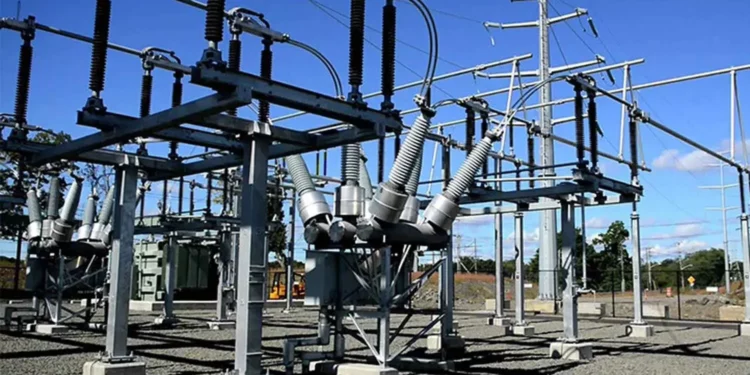Maureen Aguta
Nigeria was again thrown into darkness again today (Saturday) as the national grid collapsed again.
Nigerians have expressed displeasure over the development over the reoccuring grid collapse even as another one happened this (Saturday) morning, which is the third in one week.
On October 14, 2024; the grid collapsed. Speaking on the incident, the spokesperson of the Transmission Company of Nigeria (TCN) Mrs. Ndidi Mbah, said it was a partial collapse and that the Port Harcourt axis had light. But on October 15, just some hours after service was restored, there was another grid collapse.
On the current grid collapsed, Advocacy Times was told that power supply across the grid reduced to 0 megawatts (MW) and disrupted distribution to all electricity distribution companies (DisCos).
According to statistics obtained by our correspondent from the Transmission Company of Nigeria (TCN), at about 9:00 a.m., the grid recorded a partial recovery, supplied 140 MW and distributed as follows: Benin Disco (50 MW), Ibadan Disco (60 MW), and Ikeja Disco (30 MW).
Other DisCos, including Abuja, Kano, and Port Harcourt, remained without supply at that time. It was gathered that power generation further increase to 220 MW by 10:40 a.m.
As at that time, Abuja Disco had 40 MW; Benin Disco: 70 MW; Eko Disco: 20 MW; Ibadan Disco: 60 MWI; Ikeja Disco: 30 MW; Enugu, Jos, Kaduna, Kano, Port Harcourt, and Yola DisCos had 0 MW.
TCN had yet to comment on the current grid collapse.
Nigeria has witnessed many national grid collapses in 2024 and other past years. The grid collapses in 2024 include those on February 4, March 28, April 15 and July 6.
The Transmission Company of Nigeria in a statement by its spokesperson, Ndidi Mbah, on May 1, 2024; had given records of grid collapses in the country
She said: “Clearly, between 2020 to date (five years), we recorded fourteen total and six partial grid disturbances totaling twenty (20), which represents a 76.47 per cent reduction in grid disturbance, when compared to the previous five years, (2015 to 2019) where we had sixty-four total and twenty-one partial grid disturbances, totaling eighty-five (85) times.”


